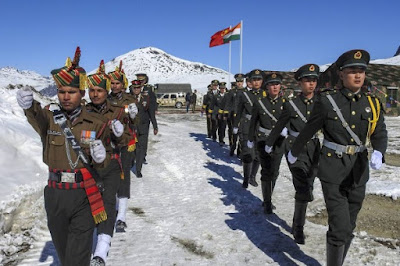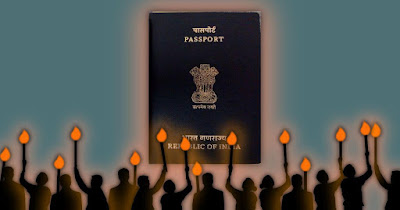The Historians' Dilemma

We have an ambiguous relationship with history. We did genuinely suppose that history had ended, with the collapse of the Soviet Union - and yet we claim to be making history all the time, with every speech made, every feature upgraded and every ribbon cut. Between the two, it's possible to come up with an explanation about the two kinds of history: The faceless force of time that shaped our lives, ideas and civilisations seem to have lost its potency - or at least so we believe - and our newfound technological prowess has given us the opportunity to shape the future and fashion departures from History, thus make history. The History with the big H are therefore purged from the school curriculum and increasingly from the universities. Unemployed historians now take comfort that the popular history as a literary genré seems to be exploding, keeping the bookstores and public broadcasters - those two should have been history by now - alive and kicking. Therefore, when History makes a ...




